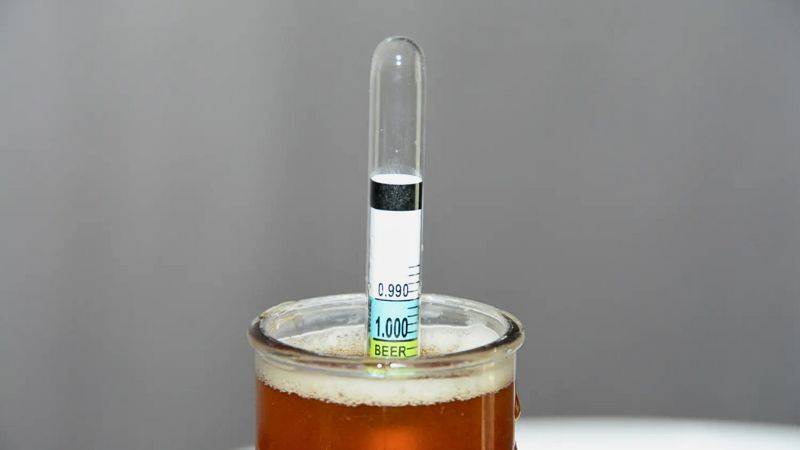Definition | Types of Sinus | Symptoms | Causes | Treatment | Prevention | Coping with Infection |
Highlights
Sinus Infection or Sinusitis, as you may know, can cause a range of distressing symptoms such as nasal congestion, facial pain, and even headaches.
It can disrupt your daily routine and impact your quality of life.
If you are the one who is suffering with the disease, it’s critical to understand this condition, its symptoms, treatments, and prevention methods, as it can affect people of all ages.
What is Sinusitis?
Sinusitis, or sinus infection, is a condition where the tissues that line your sinuses become inflamed or swollen.

Sinuses are hollow spaces behind the bones of your face that produce mucus, which helps to filter and clean the air we breathe.
When these sinuses get blocked and filled with fluid, germs can grow and cause an infection.
Type of Sinus Infection
Sinus infections come in different types depending on their duration and the frequency of their occurrence.
Here are the main types:
- Acute Sinusitis: This type of sinusitis is the most common. It typically lasts less than four weeks and often follows a common cold. Symptoms of acute sinusitis include facial pain or pressure, nasal stuffiness, nasal discharge, loss of smell, and cough or congestion. You may also experience a fever, bad breath, fatigue, or dental pain.
- Subacute Sinusitis: This form of sinusitis lasts longer than acute sinusitis, typically between 4 to 12 weeks. It involves the same symptoms as acute sinusitis but persists despite initial treatment.
- Chronic Sinusitis: Chronic sinusitis lasts for more than 12 weeks, despite treatment attempts. It can be caused by an infection, but it’s often associated with growths in the sinuses (polyps), a deviated nasal septum, or a result of an allergic reaction. The symptoms are similar to acute and subacute sinusitis but are generally less severe and have a more significant impact on a person’s quality of life due to their persistent nature.
- Recurrent Sinusitis: This form is characterized by several attacks within a year. With recurrent sinusitis, a person experiences episodes of sinusitis repeatedly with periods of recovery in between. It could be a series of acute infections or be due to an underlying chronic condition.
Each type of sinusitis has different causes and may require different treatment approaches.
Therefore, it is essential to seek medical help if you experience persistent symptoms of sinusitis so that the correct diagnosis can be made, and appropriate treatment can be started.
Symptoms of Sinus Infection

The symptoms of sinusitis can vary depending on the severity and type of infection. However, common symptoms include:
- Facial pain or pressure
- Nasal stuffiness or congestion
- Thick, discolored mucus
- Loss of smell and taste
- Fever
- Headache
- Fatigue or tiredness
- Bad breath
- Cough
These symptoms might be similar to a common cold. However, if they last longer than 7-10 days or are associated with a fever, it might be a sinus infection.
Causes of Sinus Infection

Sinus infections can be caused by various factors, including:
- Common cold: Viral infections in the upper respiratory tract can inflame and block the nasal passages, causing sinusitis.
- Allergies: Allergic reactions can result in inflammation that blocks the sinuses.
- Nasal polyps: These tissue growths can block the nasal passages or sinuses.
- Deviated nasal septum: A crooked septum — the thin wall between the nostrils — may restrict or block sinus passages.
Treatment Options for Sinus Infection

If you think you might have a sinus infection, it’s crucial to consult with a healthcare professional. They may recommend one or more of the following treatment options:
- Antibiotics: If the sinusitis is caused by a bacterial infection, your healthcare provider might prescribe antibiotics.
- Nasal corticosteroids: These nasal sprays help prevent and treat inflammation.
- Saline nasal irrigation: This treatment involves using a saltwater rinse to help clear the nasal passages.
- Pain relievers: Over-the-counter medicines can be used to relieve pain or fever associated with sinusitis.
In some cases, if the sinus infection is not responding to treatment or if it’s associated with a structural problem like polyps or a deviated septum, surgery might be necessary.
Preventing Sinus Infection
To lower your risk of getting sinusitis, follow these simple preventative measures:
- Avoid upper respiratory infections by washing your hands often and getting vaccinated against the flu.
- Avoid cigarette smoke and polluted air, which can cause sinus inflammation.
- Use a humidifier to moisten your home’s air.
- Stay well-hydrated to keep your sinuses moist.
Coping with Sinus Infection
By actively managing symptoms, seeking appropriate medical care, and making some lifestyle changes, you can cope effectively with a sinus infection.
1. Understand Your Symptoms
One of the first steps to effectively coping with a sinus infection is understanding your symptoms. Noting when symptoms are at their worst and how they respond to different treatments can help you and your healthcare provider manage the condition.
2. Seek Medical Care
It’s essential to seek medical care if you suspect you have a sinus infection. Treatment options can range from antibiotics (for bacterial infections) to over-the-counter remedies that help manage symptoms. Your healthcare provider will be able to give you the most accurate diagnosis and the best treatment options.
3. Take Prescribed Medications
Take your prescribed medications exactly as directed by your healthcare provider. Antibiotics, if prescribed, should be taken for the entire recommended duration, even if symptoms improve before the medication course is completed. Other medications like decongestants, antihistamines, or nasal sprays can help manage symptoms and should also be used as directed.
4. Hydrate and Humidify
Stay well-hydrated by drinking plenty of fluids. This can help thin mucus, reducing sinus pressure and congestion. Also, consider using a humidifier in your home, particularly in your bedroom, to help keep your nasal and sinus passages moist.
5. Practice Healthy Habits
Maintain a healthy lifestyle, which includes regular exercise, a balanced diet, and adequate sleep, as these can boost your immune system and help you recover more quickly. Try to avoid smoking, secondhand smoke, and excessive alcohol, as these can worsen sinusitis symptoms.
6. Apply Warm Compresses
Warm compresses applied to the face can help alleviate sinus pressure and pain. You can do this by soaking a clean cloth in warm water, wringing it out, and then placing it over your face for several minutes.
7. Try Saline Rinses
Saline nasal rinses can be quite effective at flushing out the sinuses and reducing symptoms. These rinses can be done using a neti pot, squeeze bottle, or nasal irrigator. Always use distilled or sterilized water for these rinses.
8. Manage Allergies
If allergies are contributing to your sinusitis, it’s crucial to manage them effectively. This may include taking antihistamines, avoiding known allergens, or seeking allergy shots (immunotherapy) under a healthcare provider’s supervision.
9. Practice Mindfulness and Relaxation Techniques
Living with chronic sinusitis can be stressful. Techniques such as deep breathing exercises, yoga, meditation, or other forms of stress relief can help improve your overall well-being and may also help manage symptoms.
Always seek medical help when needed and take proactive steps to maintain your overall health and well-being.
Take care of Yourself!






